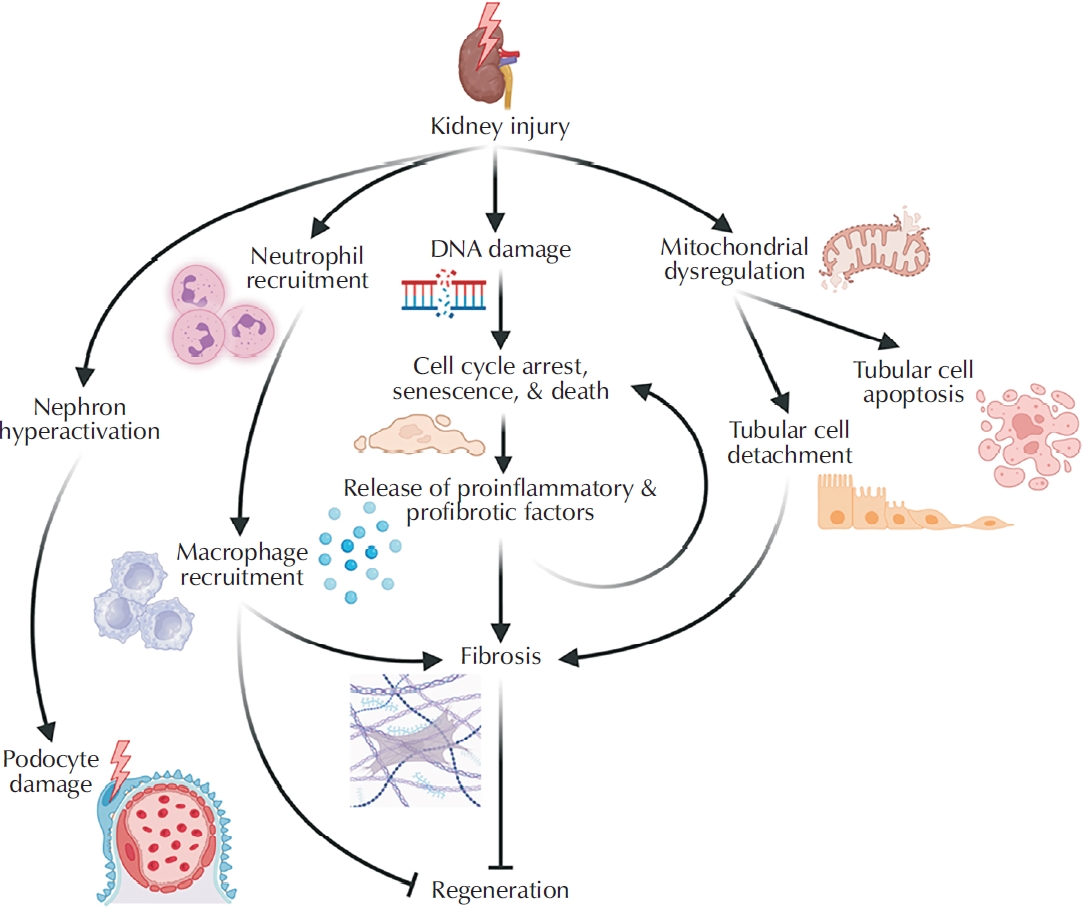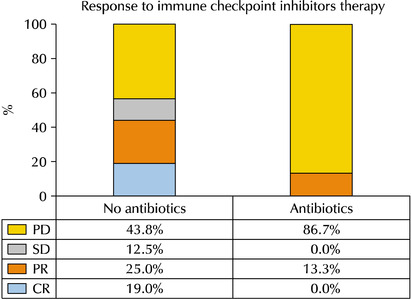Search
- Page Path
- HOME > Search
Review Article
- Regenerative Medicine for the Kidney
- Vladimir Mashanov, Ji Hyun Kim
- Urogenit Tract Infect 2025;20(3):144-158. Published online December 31, 2025
- DOI: https://doi.org/10.14777/uti.2550028014

-
 Abstract
Abstract
 PDF
PDF PubReader
PubReader ePub
ePub - Kidney disease poses a major and growing global health challenge, with both prevalence and mortality continuing to rise. Current standard-of-care treatments, including dialysis and kidney transplantation, have significant limitations and do not adequately meet clinical needs. This unmet need has driven the development of next-generation regenerative medicine strategies, which can be broadly categorized into 3 areas: (1) approaches that enhance the kidney’s limited intrinsic regenerative capacity; (2) stem cell-based therapies; and (3) implantable bioengineered kidney constructs. This review summarizes recent advances in each of these domains and discusses the major biological, technical, and regulatory challenges that must be addressed to enable successful clinical translation.
- 597 View
- 8 Download

Original Article
- Impact of Antibiotics on the Efficacy of Immune Checkpoint Inhibitors in Metastatic Urothelial Carcinoma
- Do Gyeong Lim, Ho Yeon Lee, Ho Seok Chung, Eu Chang Hwang, Seung Il Jung, Dong Deuk Kwon
- Urogenit Tract Infect 2023;18(3):75-81. Published online December 31, 2023
- DOI: https://doi.org/10.14777/uti.2023.18.3.75

-
 Abstract
Abstract
 PDF
PDF PubReader
PubReader ePub
ePub - Purpose: Emerging evidence has suggested that prior or concurrent antibiotic (ATB) use may be associated with a poor response to immune checkpoint inhibitors (ICIs) in patients with some solid tumors. This study examined the effects of ATB use on the oncological outcomes of patients receiving ICIs for mUC.
Materials and Methods: Patients receiving ICIs for mUC between 2018 and 2020 were assessed retrospectively. Those with over three cycles of atezolizumab or pembrolizumab were included. ATB use, defined as ≥ three days within 60 days before or three months after ICI administration, was compared between groups for oncological outcomes.
Results: Thirty-one patients were examined. The ATB-use and no-ATB-use groups consisted of 15 (48.4%) and 16 patients (51.6%), respectively. The ATB-use group showed a lower disease control rate (56.3% vs. 13.3%, p=0.023) than the no-ATB-use group. The objective response rate in the ATB-use group was lower than the no-ATB-use group, but the difference was statistically insignificant (43.7% vs. 13.3%, p=0.113). The ATB-use group had shorter progression-free survival (median three vs. six months, log-rank p=0.045) and shorter overall survival (median three vs. 14 months, log-rank p=0.023) than the no-ATB-use group. The most commonly used antibiotics were fluoroquinolones (46.7%), cephalosporins (40.0%), non-cephalosporin beta-lactams (6.7%), and nitrofurantoin (6.7%).
Conclusions: ATB may be associated with poorer oncological outcomes in patients with mUC who received ICI therapy. Hence, further research will be needed to understand the relationship between the modulation of ATB-related dysbiosis and gut microbiota composition with the oncological outcomes in patients with mUC.
- 3,120 View
- 12 Download

Review
- Antimicrobial Therapy and Antimicrobial Stewardship in Urosepsis
- Tae Hoon Oh
- Urogenit Tract Infect 2023;18(1):15-19. Published online April 30, 2023
- DOI: https://doi.org/10.14777/uti.2023.18.1.15
-
 Abstract
Abstract
 PDF
PDF PubReader
PubReader ePub
ePub - Since the latest knowledge on the treatment and countermeasures for sepsis is being updated at a rapid pace, becoming familiar with the Surviving Sepsis guidelines is helpful for patient prognosis. Extended-spectrum beta-lactamases (ESBL) are important factors when selecting early empirical antibiotics for sepsis caused by urinary tract infections. For severe septic shock, prolonged infusion and combination therapy need to be considered.
- 4,667 View
- 51 Download


 KAUTII
KAUTII
 First
First Prev
Prev


